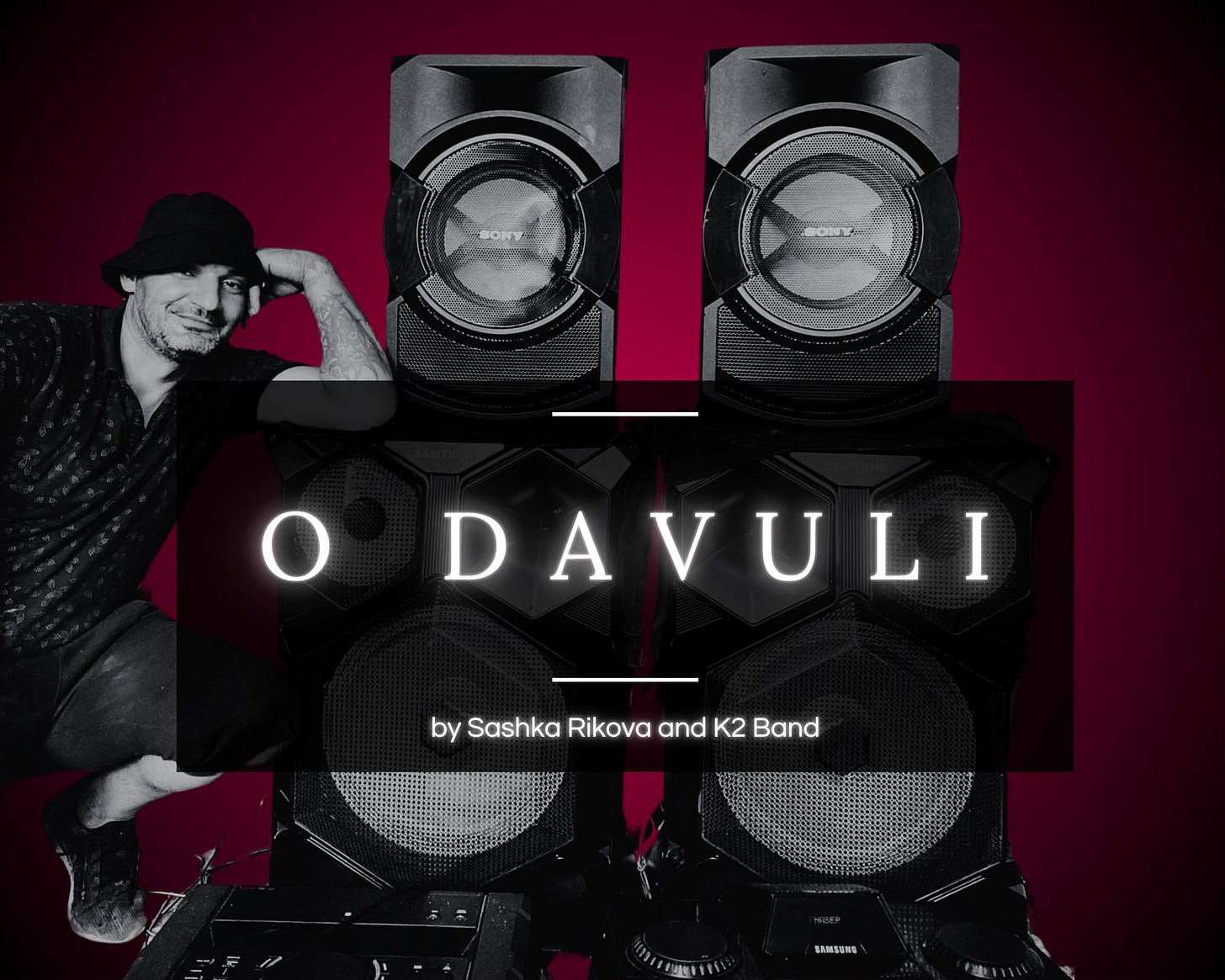This song expresses with great clarity what we have been trying to articulate in many articles so far. For the Romani, the biggest wealth is the family. This is a song by a parent whose son is getting married. And they open with, to paraphrase, “this is what it is all for - all the struggle, this entire life, it’s for this day.”
It took us forever to translate the Roma word bori. It is easy to translate it in Bulgarian and other Slavic and Balkan languages, but it is simply untranslatable in English.
It means “daughter-in-law” or “sister-in-law.” A woman who marries into the family. But the suffix “in-law” is so cold and counter-intuitive over here in our corner of the world. The words that we use - bori in Romanes, snaha in Bulgarian - are warm. They are used as terms of affection. Borie, pronounced bo-ree-eh, is how for example Pepi’s siblings call Martina, or how Pepi calls the girlfriends of his teenage sons.
So if we’re to translate the song literally, the lyrics will go: “Play drums, so my daughter-in-law can dance.” But these words feel impoverished when it comes to translating the sentiment behind them. Because when the parent says bori, he or she means “bride”, “daughter”, “the new princess in our family”, and so much more. So we ended up using “my bride” - not in the sense of “the woman I’m marrying” but “the bride I love and cherish as a new member of my family.”





